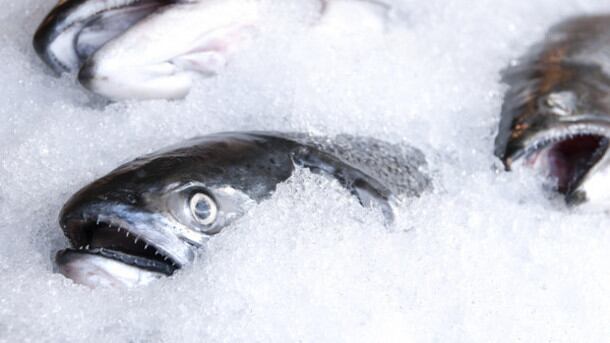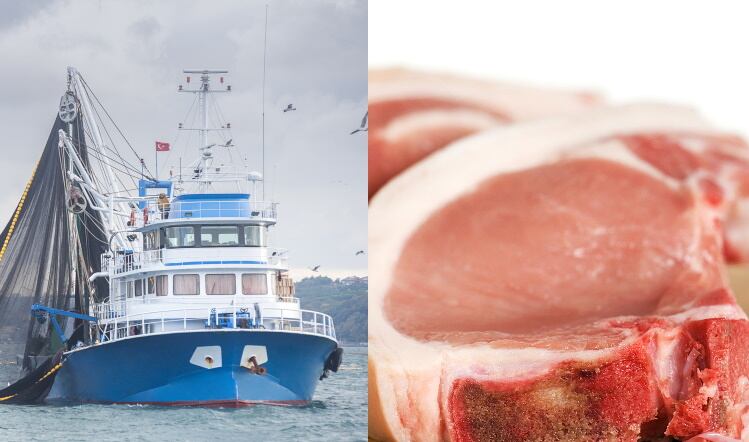The UK Government devised the Seafood Distribution Support Scheme to cover up to £100,000 of losses caused by delays in getting seafood products to the EU in January 2021.
Donna Fordyce – chief executive of Seafood Scotland – claimed the support had come too late. Businesses had been unable to cope with systems unfit for purpose, being tested in real time and creating an intractable barrier to trade, she said.
‘Great financial suffering’
“Some companies have even given up trying and have put their businesses on ice for the time being, at great financial suffering to their owners, staff, families and communities,” said Fordyce.
“We hoped the £23m would go some way to alleviating the pressure, while existing problems could be restored. However, the initial industry feedback today is one of disappointment, with many companies instantly realising they will be ineligible for support.”
Companies made ineligible included those that had to stop trying to export to the EU because their product had not been getting through, or seafood businesses whose long-standing orders from customers in the EU have dried up because of the export crisis, explained Fordyce.
Unable to claim
While businesses have lost money due to a lack of orders, they cannot claim under the support scheme because they have no proof that an order failed to be fulfilled – under the new scheme, applicants must be able to evidence the expected value of the consignment.
“Companies cannot produce health certificates and other documentation for orders never made because of a lack of customer confidence that product would reach the EU on tome and in peak condition,” she added.
Despite her assessment, she still held on to a ray of hope. “It’s probable that these companies will never be fully compensated for what they have lost and are still losing, but the damage could still be limited if the systems were workable and export gets back on track quickly.”





